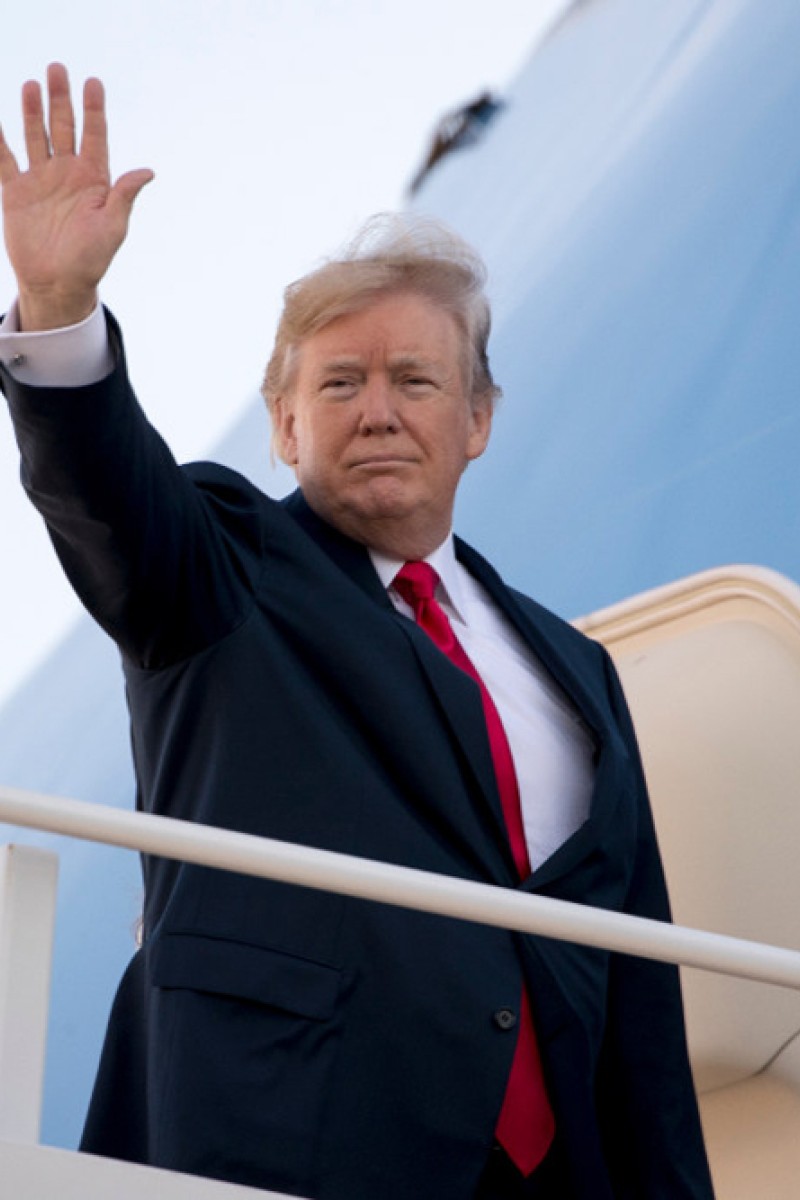 Donald Trump's travel ban has strong support from the Supreme Court.
Donald Trump's travel ban has strong support from the Supreme Court.It’s not a final ruling, but the US Supreme Court is letting the Trump administration to fully enforce a ban on travel to the United States by residents of six mostly Muslim countries.
Challenges to the policy are winding through the federal courts, and the justices themselves ultimately are expected to rule on whether the ban is legal.
It applies to travellers from Chad, Iran, Libya, Somalia, Syria and Yemen.
The justices offered no explanation for their action on Monday. The Trump administration had said that blocking the full ban was causing “irreparable harm” because the policy is based on legitimate national security and foreign policy concerns.
The order indicates that the high court might eventually approve the latest version of the ban, announced by President Donald Trump in September. Lower courts have continued to find problems with it.
A presidential spokesman, Hogan Gidley, said the White House was “not surprised” that the court permitted “immediate enforcement of the president’s proclamation limiting travel from countries presenting heightened risks of terrorism.”
Opponents of this and previous versions of the ban say they show a bias against Muslims. They say that was reinforced most recently by Trump’s retweets of anti-Muslim videos.
“President Trump’s anti-Muslim prejudice is no secret. He has repeatedly confirmed it, including just last week on Twitter. It’s unfortunate that the full ban can move forward for now, but this order does not address the merits of our claims,” said Omar Jadwat, director of the American Civil Liberties Union’s Immigrants’ Rights Project. The ACLU is representing some opponents of the ban.
Just two justices, Ruth Bader Ginsburg and Sonia Sotomayor, noted their disagreement with court orders allowing the latest policy to take full effect.
The new policy is not expected to cause the chaos that ensued at airports when Trump rolled out his first ban without warning in January.
Quick resolution by appellate courts would allow the Supreme Court to hear and decide the issue this term, by the end of June.
